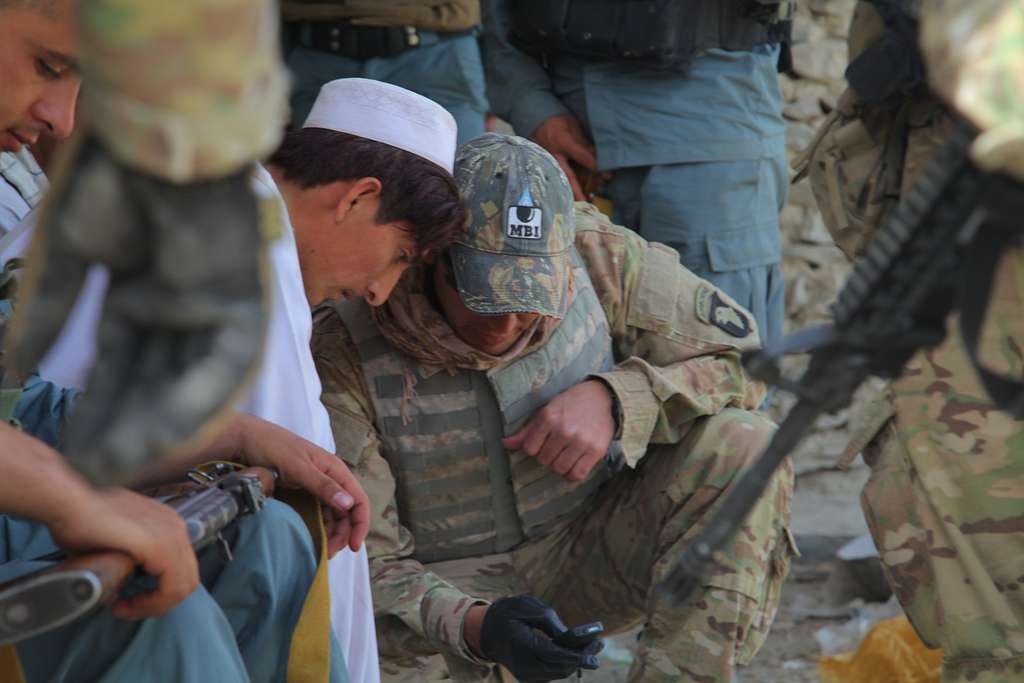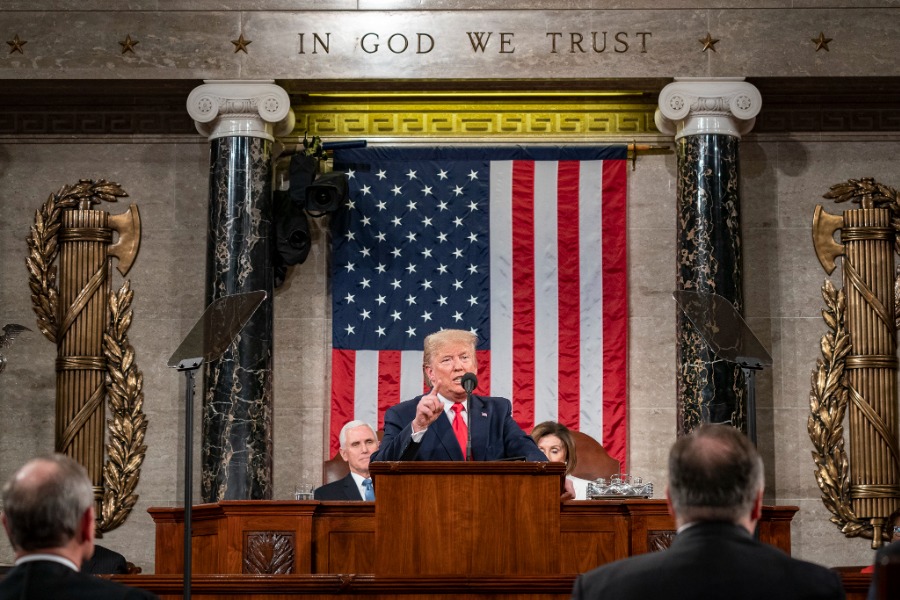The Libya Intervention as Precedent
President Obama’s speech was a full-throated defense of his deployment of U.S.
Published by The Lawfare Institute
in Cooperation With

President Obama’s speech was a full-throated defense of his deployment of U.S. military force, without congressional authorization, in a situation “when our safety is not threatened, but our interests and our values are.” The President added that he (not he and Congress, but he) will also “never hesitate to use our military swiftly, decisively, and unilaterally when necessary to defend our people, our homeland, our allies, and our core interests.” These statements, taken together, seem to repudiate Senator Obama’s 2007 claim that the President “does not have power under the Constitution to unilaterally authorize a military attack in a situation that does not involve stopping an actual or imminent threat to the nation.”
The President mentioned Congress only once, when he said he consulted with “the bipartisan leadership of Congress” before launching the Libya attack. He said nothing about whether he would now seek congressional approval for his action, or what kind of future consultation with Congress he might pursue. Nor did he say anything overt about the legal justification for the Libya action. But the action will likely be an important precedent for presidential war unilateralism in the future. The administration has relied on a theory that the Libya intervention is “limited” (the President used this term twice) and thus not a war that would require congressional approval. It is hard to see how ten days of relentless military bombing of Libya’s “tanks and military assets” (as the President put it), as well as military efforts to “cut off much of [the Libyan military’s] source of supply,” followed by indefinite operational and intelligence support to allies conducting further military attacks, is not war. Moreover, as the NYT this morning emphasizes, the United States has exceeded a “limited humanitarian agenda” in Libya and has instead engaged in “an all-out assault on Libya’s military.” In truth the legal category of “war” does not mean much today. But the Libya intervention is certainly a “use of force” under the U.N. Charter that triggers an “armed conflict” under the jus in bello. And while we are not placing troops on the ground, the Libya intervention is by my estimate (please tell me if I am wrong) the third most extensive unauthorized aerial bombardment in American history – after Korea and Kosovo. (I am not sure how it stacks up against the Cambodia bombings, but the Executive branch justified those as authorized by Congress.) These and similar facts stretch the “not war” rationale far beyond the relevant executive branch precedents.
All of this makes me think that the Libya intervention will stand as a precedent for ten-or-so-days (or however long this lasts) of a congressionally unauthorized bombing campaign that the President deems to be in the U.S. interest, broadly conceived – especially if, as I expect, Congress does not stand up to this instance of presidential unilateralism. Of course predicting the precedential force of an event is a tricky business, and much depends on the constitutional and political context in which the event is employed as precedent. Future critics of presidential unilateralism will likely invoke two factors to distinguish the Libya precedent: U.N. Security Council approval, and the imminent humanitarian disaster that was averted. The first matters to domestic presidential power to the extent that it identifies an important U.S. foreign relations interest that the Commander in Chief is using force to address. But no president, including Barack Obama last night, has claimed that only the U.N. can identify or construct a U.S. interest warranting intervention (and indeed President Obama emphasized many circumstances in which he would use force “unilaterally”). The second might be relevant to the identification of a U.S. interest in humanitarian intervention. But given the acknowledged gap between the Libya intervention and direct threats to U.S. national security (as opposed to broader U.S. interests), it is hard to see how it would be invoked as a persuasive limiting factor if a President wants to use ten days of military bombing to protect against other equally distant threats to U.S. safety and security.
Jack Goldsmith is the Learned Hand Professor at Harvard Law School, co-founder of Lawfare, and a Non-Resident Senior Fellow at the American Enterprise Institute. Before coming to Harvard, Professor Goldsmith served as Assistant Attorney General, Office of Legal Counsel from 2003-2004, and Special Counsel to the Department of Defense from 2002-2003.




.jpg?sfvrsn=6cdd11de_5)
